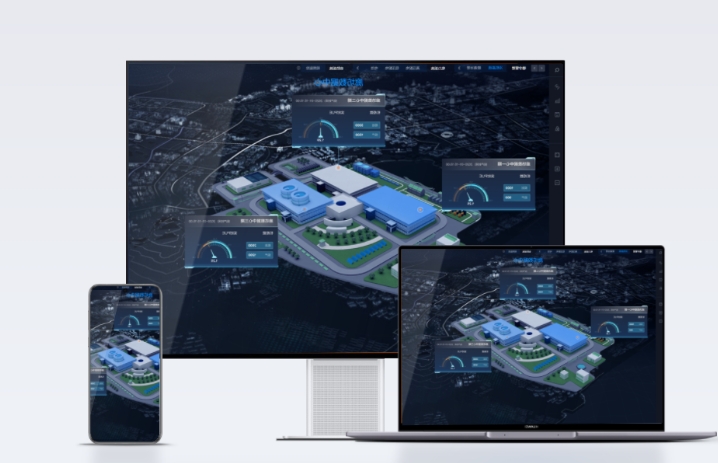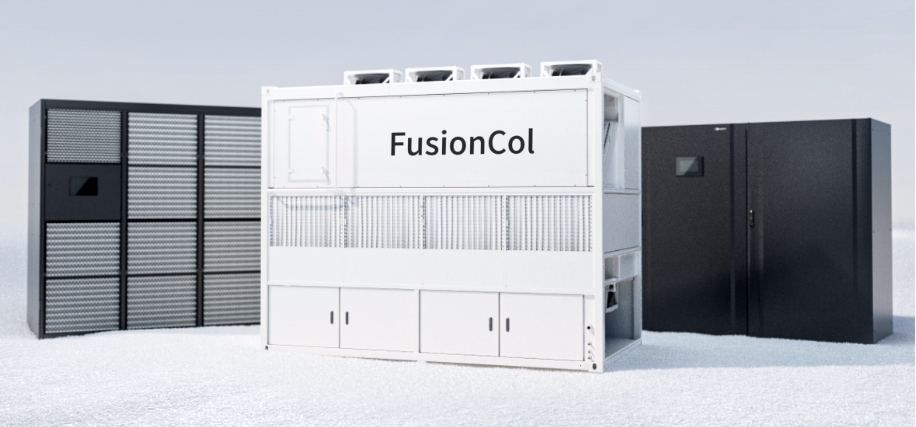A high-efficiency power supply is essential for data centers to ensure seamless operations, reduce energy consumption, and maintain cost-effectiveness. Power supplies must meet strict reliability, scalability, and energy efficiency standards to support critical IT infrastructure. Efficient power distribution minimizes energy loss, improves sustainability, and enhances overall performance. Understanding the features that define high-efficiency power supplies helps organizations make informed decisions, optimizing operational resilience. This article explores the essential attributes of high-efficiency power supplies, their role in sustainability, and how they contribute to a more reliable and future-ready data center.

What Makes a Power Supply “High-Efficiency” in Data Centers?
Efficiency Rating and Standards
Efficiency ratings, such as the 80 PLUS certification, indicate how effectively a power supply converts electrical power into usable output. High-efficiency units achieve at least 80% efficiency under varying loads, reducing energy waste. Certifications like ENERGY STAR ensure compliance with regulatory requirements, promoting optimal power utilization. Meeting these standards guarantees improved energy savings, lower operational costs, and enhanced reliability. Adhering to efficiency benchmarks helps data centers maintain stable operations while contributing to sustainability efforts.
Power Factor and Load Management
The power factor represents the efficiency of converting input power into useful output. High-efficiency power supplies maintain a power factor near 1, minimizing wasted energy and ensuring stable performance. Proper load management balances power distribution across connected equipment, preventing overloads and inefficiencies. By optimizing energy allocation, high-efficiency power supplies reduce stress on electrical components, enhancing longevity and performance. Effective load management supports seamless operations and prevents downtime caused by power fluctuations.
Energy Conversion and Heat Management
Efficient energy conversion minimizes power loss, reducing heat generation and improving overall performance. High-efficiency power supplies use advanced circuitry and high-quality components to optimize energy transfer. Enhanced heat management systems, including efficient cooling mechanisms and thermal optimization, help maintain stable operating temperatures. By reducing heat emissions, these power supplies lower cooling system demands, improving sustainability and extending equipment lifespan. Proper heat management ensures consistent power delivery while minimizing operational risks.
Essential Features of High-Efficiency Power Supplies
Advanced Power Distribution
High-efficiency power supplies incorporate advanced power distribution mechanisms such as busbars and intelligent power distribution units (PDUs). These systems improve power delivery efficiency while reducing energy loss associated with traditional wiring methods. By allowing precise power allocation, they prevent power disruptions and optimize system performance. Flexible distribution models enable scalable configurations, supporting evolving data center needs. Investing in advanced power distribution systems enhances energy efficiency and ensures uninterrupted service.
Scalability and Modularity
Scalability is a fundamental aspect of high-efficiency power supplies, allowing data centers to expand operations without significant infrastructure changes. Modular power supply designs enable easy upgrades and replacements, facilitating seamless integration with existing systems. This adaptability ensures that data centers can efficiently accommodate increasing power demands without downtime. Modular solutions provide long-term cost savings by reducing the need for complete power system overhauls. The ability to scale efficiently enhances data center agility and performance.
Smart Monitoring and Remote Management
Intelligent monitoring systems integrated into high-efficiency power supplies provide real-time insights into power consumption, efficiency levels, and system health. Remote management capabilities allow IT teams to monitor and control power usage from any location, ensuring quick issue resolution. Automated alerts and predictive analytics help detect potential failures before they impact operations. These smart features enhance reliability, streamline maintenance, and reduce unexpected downtimes. Investing in monitoring-enabled power supplies optimizes energy efficiency and operational control.
The Role of High-Efficiency Power Supplies in Sustainability
Energy Savings and Environmental Impact
High-efficiency power supplies contribute significantly to energy conservation by reducing overall electricity consumption. By converting power with minimal loss, they lower operational costs and decrease carbon emissions. Implementing energy-efficient power solutions supports corporate sustainability initiatives and helps data centers comply with global environmental standards. Reduced energy demand translates to lower dependence on fossil fuels, promoting eco-friendly data center operations. Enhancing energy efficiency is a key step toward sustainable and cost-effective infrastructure.
Reducing Heat Emissions and Improving Cooling Efficiency
Efficient power supplies generate less heat, significantly decreasing the burden on cooling systems. Lower heat emissions reduce cooling energy requirements, leading to improved overall energy efficiency. Optimized cooling enhances equipment longevity, reducing maintenance costs and minimizing the risk of system failures. By lowering thermal output, high-efficiency power supplies contribute to stable operating conditions, ensuring reliable performance. A well-managed thermal environment supports continuous uptime and enhances data center sustainability.

Regulatory Compliance and Green Certifications
Compliance with environmental regulations and industry standards ensures that power supplies meet energy efficiency benchmarks. Certifications such as LEED, BREEAM, and ENERGY STAR validate a data center’s commitment to sustainability. Using certified high-efficiency power supplies improves corporate reputation and may provide financial incentives for energy-efficient infrastructure. Meeting regulatory requirements ensures that data centers operate within legal frameworks while reducing their environmental footprint. Compliance-driven power solutions support long-term sustainability and operational excellence.
Conclusion
High-efficiency power supplies are critical to modern data center operations, ensuring reliable power distribution, scalability, and energy efficiency. Their advanced features, including smart monitoring, modular design, and optimized energy conversion, contribute to operational stability and cost savings. By reducing energy waste and heat emissions, these power supplies support sustainability goals while maintaining performance. Organizations that invest in high-efficiency power solutions benefit from enhanced reliability, lower operational costs, and improved environmental responsibility. Implementing a well-structured Data Center Power Supply and Distribution Solution is essential for building a future-proof, resilient data center infrastructure.
